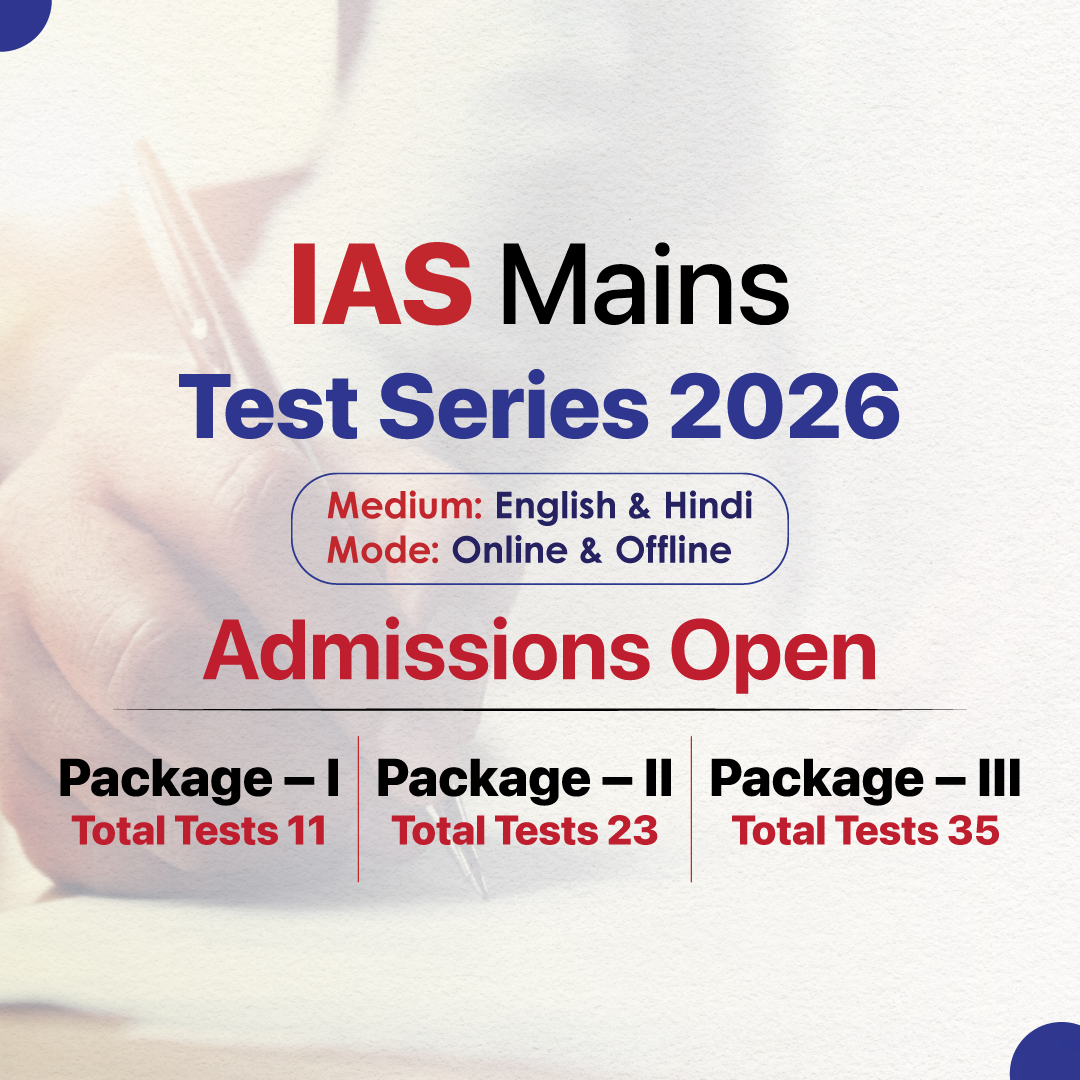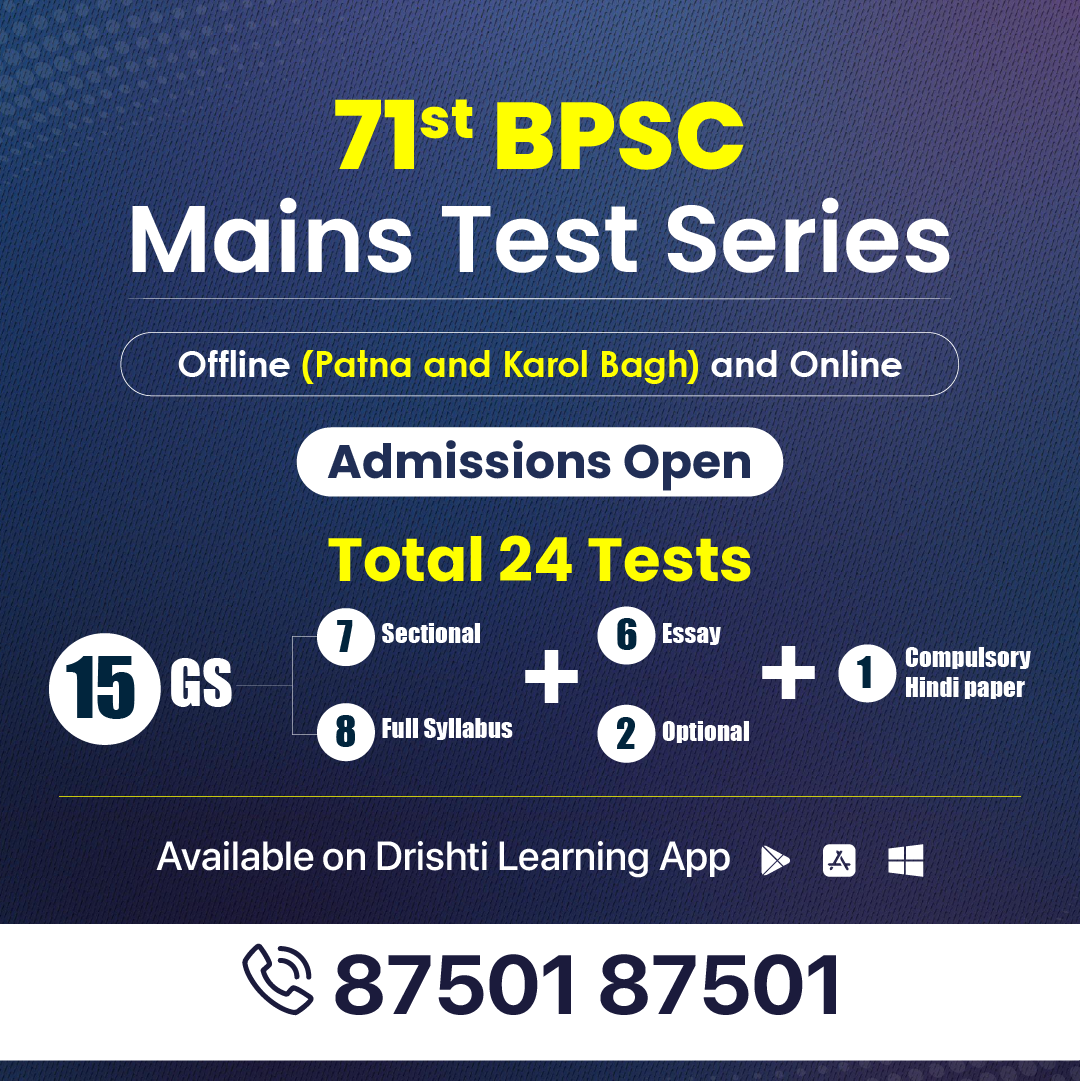Rajasthan Switch to Hindi
Ministry of Mines Launches ‘Aspirational DMF Programme’
Why in News?
The Aspirational DMF Programme has been launched to align the District Mineral Foundation (DMF) initiatives with the Aspirational District Programme (ADP) and Aspirational Block Programmes (ABP).
- Rajasthan, along with other States is felicitated for adopting the revised Pradhan Mantri Khanij Kshetra Kalyan Yojana (PMKKKY) 2024 guidelines into DMF Rules.
Key Points
- District Mineral Foundation (DMF):
- About:
- As per the Mine and Minerals Development Regulation (Amendment) Act, 2015, in every district affected by mining-related operations, the state government shall, by notification, establish a trust as a non-profit body to be called the District Mineral Foundation.
- DMF Funds:
- Funds every mining lease holder of will pay a fraction of royalty, not exceeding one-third of the royalty, to the DMF as per rates prescribed by the Central Government.
- This fund will be used for the welfare of the people affected in the mining affected areas.
- Objective:
- The idea behind the contribution is that local mining-affected communities, mostly tribal and among the poorest in the country, also have the right to benefit from natural resources extracted from where they live.
- Functioning:
- The functioning of the DMF Trusts and the utilisation of funds, governed by the respective States’ DMF Rules, incorporate the mandates of the central guideline, PMKKKY.
- About:
- Pradhan Mantri Khanij Kshetra Kalyan Yojana (PMKKKY)
- Nodal Ministry:
- Launched in 2025, PMKKKY is a scheme by the Ministry of Mines for the welfare of people & affected areas by using the funds accrued under the District Mineral Foundation (DMF).
- Objectives:
- To implement various developmental and welfare projects/programs in mining affected areas that complement the existing ongoing schemes/projects of the State and Central Government.
- To minimize/mitigate the adverse impacts, during and after mining, on the environment, health and socio-economics of people in mining districts.
- To ensure long-term sustainable livelihoods for the affected people in mining areas.
- PMKKKY 2024 Guidelines:
- PMKKKY 2024 mandates that at least 70% of DMF funds must be spent on High Priority Sectors, which directly impact the well-being of mining-affected communities.
- These sectors include drinking water supply, environmental preservation and pollution control, healthcare and education, welfare of women, children, elderly, and differently abled persons, skill development and livelihood generation, sanitation and housing, agriculture and animal husbandry.
- Up to 30% of the funds may be used for Other Priority Sectors that support long-term regional development.
- These sectors include physical infrastructure, irrigation and energy, watershed development. Other activities aimed at enhancing environmental quality in mining-affected areas.
- PMKKKY 2024 mandates that at least 70% of DMF funds must be spent on High Priority Sectors, which directly impact the well-being of mining-affected communities.
- Nodal Ministry:
Aspirational Districts Programme (ADP)
- It was launched in 2018 which aims to transform districts that have shown relatively lesser progress in key social areas.
- Aspirational Districts are those districts in India that are affected by poor socio-economic indicators.
- It covers 112 districts across the country.
- The programme is anchored by NITI Aayog. In addition, individual Ministries have assumed responsibility to drive the progress of districts.
Aspirational Blocks Programme (ABP)
- Launched on 7th January 2023, the ABP focuses on improving governance to enhance the quality of life of citizens in the most difficult and relatively underdeveloped blocks in the country.
- The programme’s strategy revolves around consolidating existing schemes, defining outcomes, and vigilantly monitoring progress through 40 key performance indicators (KPIs) in five sectors — health and nutrition, education, agriculture and allied sectors, infrastructure, and social development.












.jpg)







.png)


.jpg)

 PCS Parikshan
PCS Parikshan

